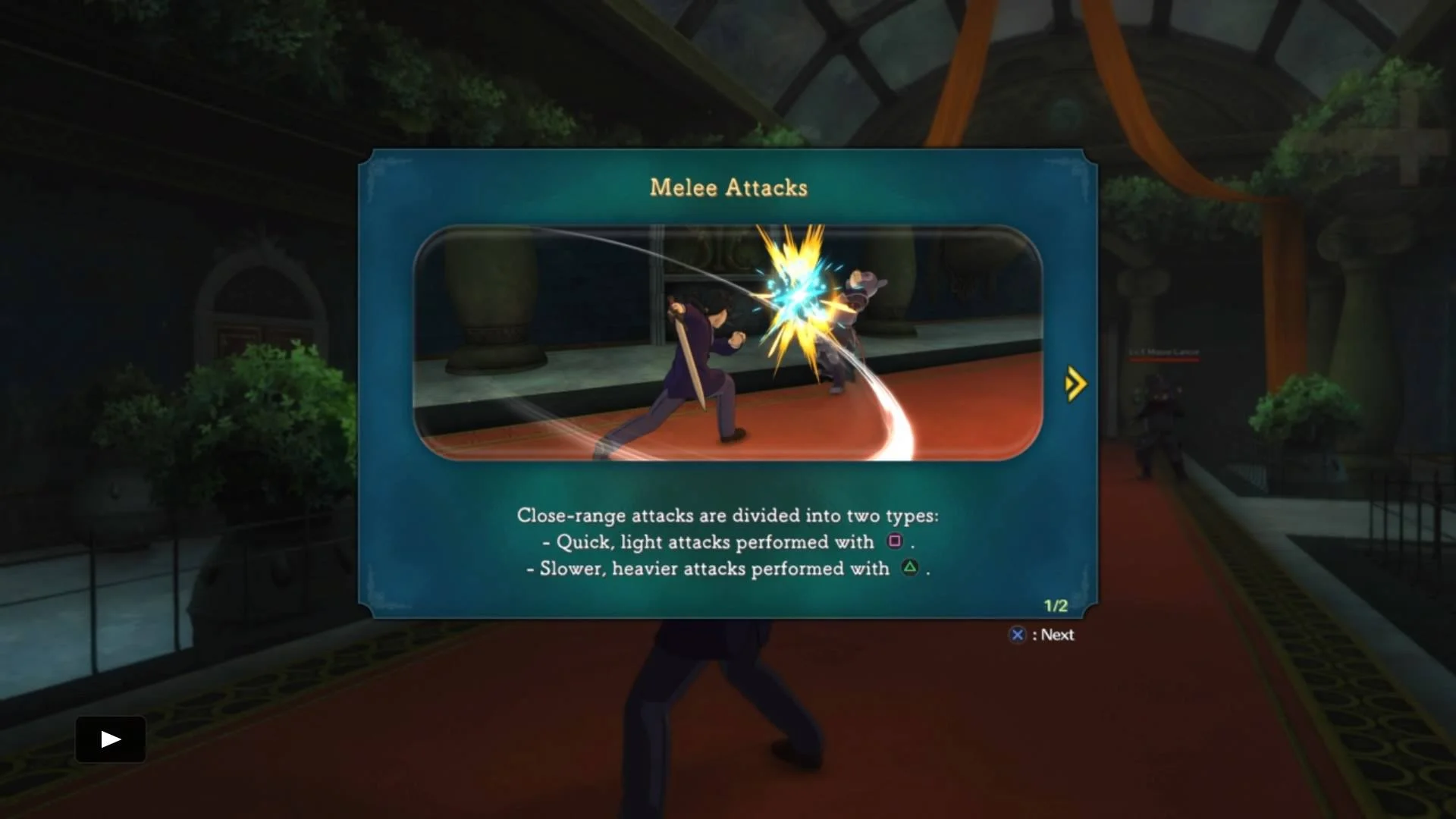Zone of Proximal Development (Challenge) in Video Games
“Being in a state of flow means you are so engaged that you lose sense of time...Does that sound like someone you know?”
Perhaps the biggest of the fundamentals of teaching, and one of the major demands placed on teachers, is to provide students with tasks that aren’t too easy to complete nor too extreme of a challenge. Vygotsky (1978) coined this idea with the term “zone of proximal development” (ZPD), in which learning takes place at a particular “sweet spot” of a student’s ability. Likewise, many good video games are aligned to this theory of ZPD, as the challenges that game designers create are all designed to take place within that "sweetspot" of the player's ability and the success or completion being out of reach. Game designers have to make sure that the challenges are actually challenging, but not overwhelming.
This is a pretty big deal, because the level of difficulty of a task (particularly when the level of difficulty falls within this "sweetspot") has been linked to another theory that has existed for a long time known as "flow" (Csikszentmihalyi, 1990). Flow has been characterized as a heightened state of engagement and a sense of total immersion within in activity, and is usually activated when a student or player is attempting a task that is quite challenging but still doable (or in other words, within their ZPD). Challenge or difficulty level is one of the most essential pieces that flow is composed of. There is also a sense of accomplishment that we feel after completing something difficult or experiencing an episode of success after a challenge.
Customizing the difficulty and battle speed in Ubisoft's Child of Light
Think for a second here. The next time your kid, friend, or partner has been gaming for hours on end in front of a screen, or when you've called their name a thousand times, or when you're sitting right next to them and attempting to begin a conversation and their response is the mildest "huh" you can think of, think of flow. Being engaged in a state of flow means you are so engaged that you even lose sense of time. Does that sound like someone you know?
Video games allow players to tailor the level of challenge to their liking.
As teachers provide their students with tasks that meet students at their level, the video game version is that game designers give the player agency in being able to choose their desired difficulty and other settings. Modern video games give a brief overview of what your experience will be like if you choose a certain difficulty. You will find this in almost any action, RPG or adventure game. In the video are 2018's critically acclaimed God of War, and 2017's Nier: Automata and Bayonetta 2 (Switch).
Players can choose the difficulty setting of God of War
Video games are designed for the entire game to take place within the player's ZPD
It is also important to note that video games are inherently adaptive to a player's skill or ability level. For example, think of how the difficulty quickly ramps up in a game of Tetris. As you continue to knock it out the park, the game gets faster and faster. As players get better, stronger, reach new levels or make progress in video games, they are also given more tools to master and the game's difficulty simultaneously increases along with them. In other words, video games are designed for the entire game to take place within a player's ZPD. What does this mean? Well, it means that games are designed with the intention of having the player remain in a constant state of flow (and if you take a look at gamers they usually are).
Setting the difficulty in Gravity Rush 2. Some games don't tell you about the changes it makes.
This isn't always a bad thing. But the million dollar question, is how can we get kids to be in this state of flow and attain the educational content that we'd like them to learn? Can it be done in the form of some sort of video game designed with both the features of the video games students like to play and concepts or standards in mind? My answer is yes, and at least we know the game has to be challenging.
References
Csikszentmihalyi, M. (1990). Flow: the Psychology of Optimal Experience. Harper and Row.
Vygotsky, L. S., & Cole, M. (1978). Mind in Society: Development of Higher Psychological Processes. Harvard University Press.




